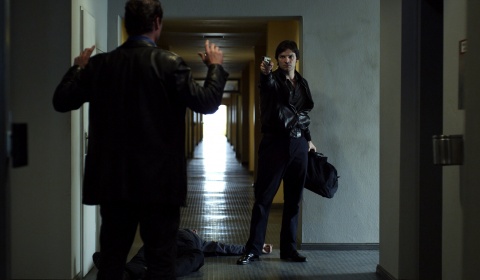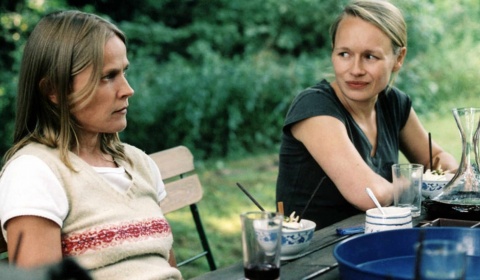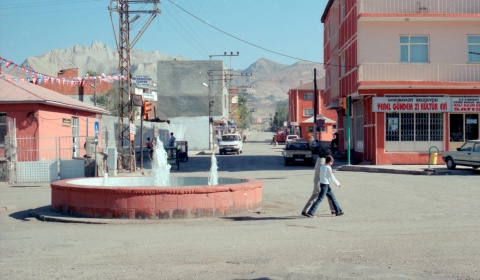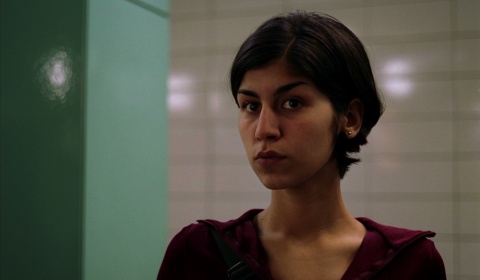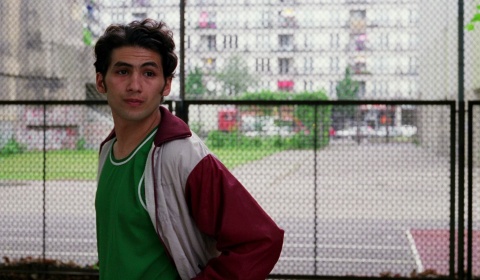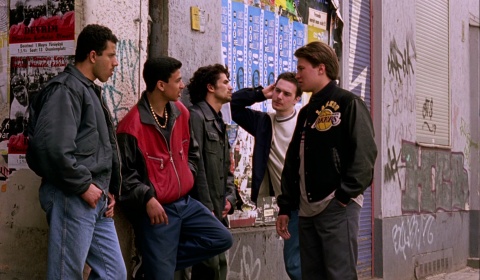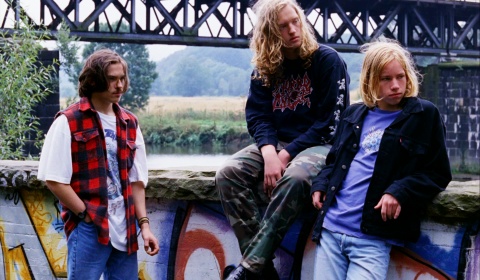
Thomas Arslan
"I don't try to have a particular style which I impose on each project as a kind of ready-made concept. I experiment and try to develop a form based on the material. I'm not interested in representing a social milieu, but in describing the mental state it produces."
Photo: Reinhold Vorschneider (l.) and Thomas Arslan (r.) at the shooting of "Bright Nights"


